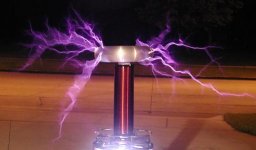HardHatMatt
Full Member
Had been hooking the blue bowl up to battery out on the back porch but finally cleared some space in the basement and decided I'd hook it straight to a charger. Trouble is, the pump seems to be operating at variable speeds...which is obviously less than ideal. The charger is a Schumacker 10A Charge/2A Maintainer. I'm suspecting that there is something about the "maintainer" aspect of the charger that is kicking the power down? Any advice is much appreciated.
Upvote
0


 I posted and looked up and you posted the same thing...
I posted and looked up and you posted the same thing...





